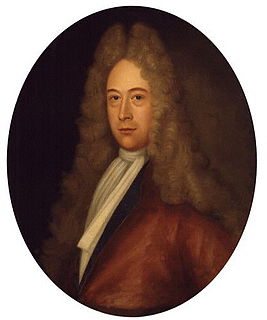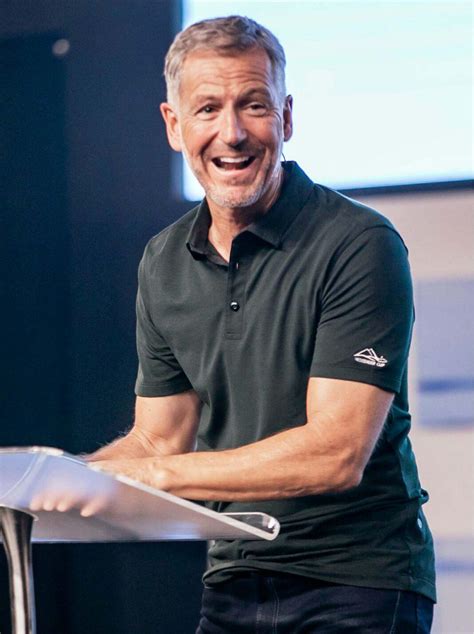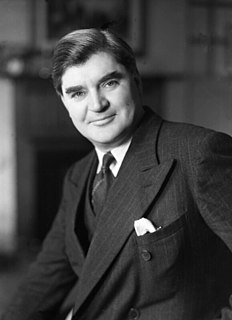A Quote by Thomas Day
But let us not too hastily triumph in the shame of Sparta, lest we aggravate our own condemnation.
Related Quotes
God indeed tempteth no man; but yet we ask, in this petition, that he would keep and preserve us, lest the devil, the world, and our own flesh delude and draw us away from the true faith, and throw us into superstition, distrust, despair, and other grievous sins and wickedness; and that, if we should be tempted therewith even to the highest degree, we still may conquer, and at last triumph over them.
Prostrate on earth the bleeding warrior lies,
And Isr'el's beauty on the mountains dies.
How are the mighty fallen!
Hush'd be my sorrow, gently fall my tears,
Lest my sad tale should reach the alien's ears:
Bid Fame be dumb, and tremble to proclaim
In heathen Gath, or Ascalon, our shame
Lest proud Philistia, lest our haughty foe,
With impious scorn insult our solemn woe.
We come here because we too feel a responsibility for the human community. To preserve and develop a human quality of life is the common responsibility of us all. It is not fitting that those concerned with the various aspects of the human be alienated from each other. Both you and ourselves represent forces too profound and aim at objectives too significant for either of us to succeed completely without the assistance of the other. The urgency of our work impels us to get on with our common task lest a new period of disaster erupt over the Earth.
The greatest barrier to own own healing is not the pain, sorrow or violence inflicted upon us as children. Our greatest hindrance is our ongoing capacity to judge, to criticize, and to bring tremendous harm to ourselves. If we can harden our heart against ourselves and meet our most tender feelings with anger and condemnation, we simultaneously armor our heart against the possibility of gentleness, love and healing.
Gaze not on beauty too much, lest it blast thee; nor too long, lest it blind thee; nor too near, lest it burn thee. If thou like it, it deceives thee; if thou love it, it disturbs thee; if thou hunt after it, it destroys thee. If virtue accompany it, it is the heart's paradise; if vice associate it, it is the soul's purgatory. It is the wise man's bonfire, and the fool's furnace.
Shame usually follows a pattern—a cycle of self-recrimination and lies that claims life after life. First, we experience an intensely painful event. Second, we believe the lie that our pain and failure is who we are—not just something we’ve done, or had done to us—and we experience shame. And finally, our feelings of shame trap us into thinking that we can never recover—that, in fact, we don’t even deserve to.



































